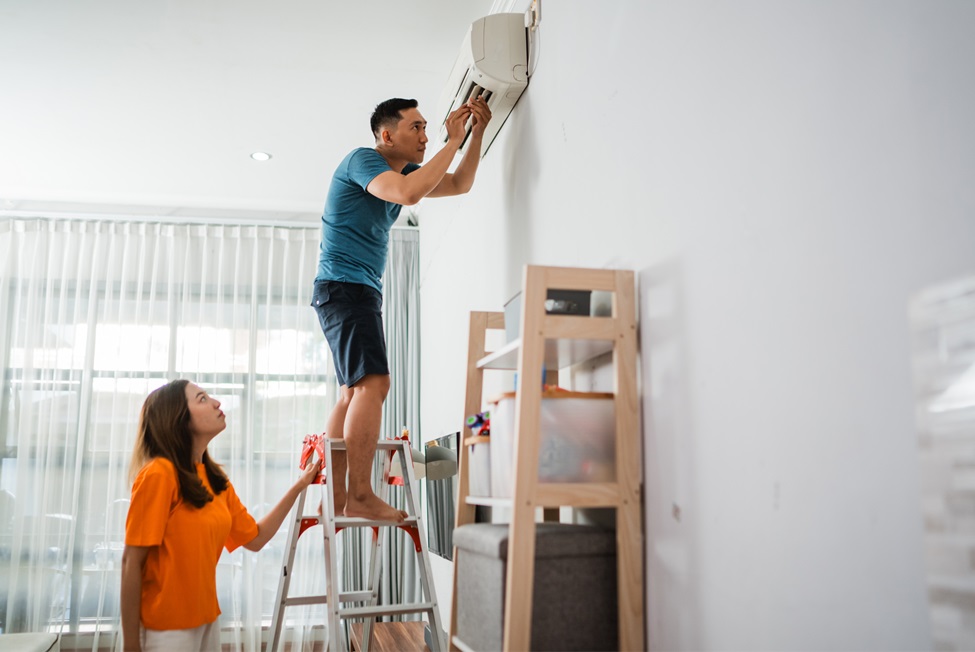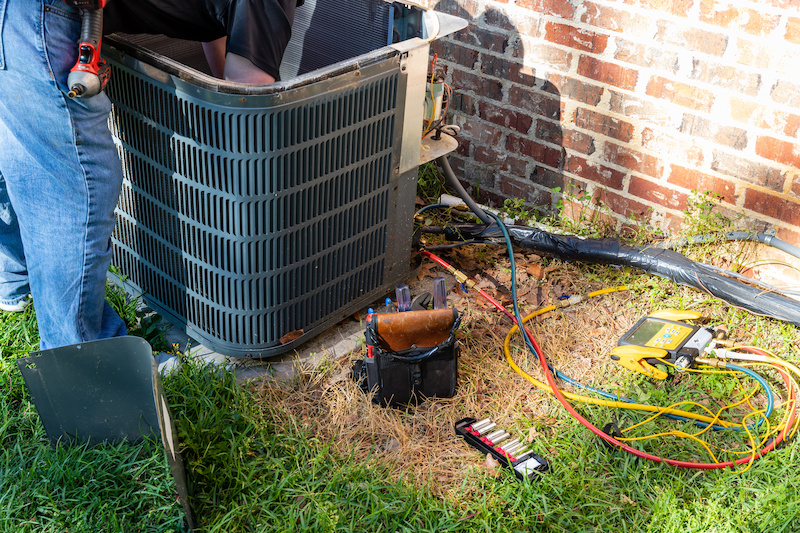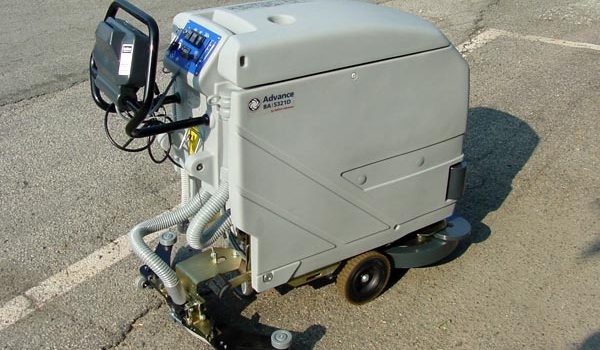If your home air conditioner is not working properly, it can be a major inconvenience, especially during the hot summer months. However, before calling for a professional air conditioning repair in Wake Forest, there are some simple troubleshooting steps you can take to diagnose and fix common issues with your AC.
Check the Power Source
The first step in troubleshooting any issue with your air conditioner is to check the power source. It may sound obvious, but sometimes the simplest solution is the most effective. Ensure your AC unit is plugged in and the power switch is turned on. If it’s a central air conditioning system, check if the circuit breaker hasn’t tripped or if there are blown fuses.
Check for Airflow Restrictions
If your AC seems to be running but isn’t cooling your home, the issue may be with restricted airflow. Check that all vents are open and unobstructed by furniture or other objects. Additionally, ensure the air filter is clean and not clogged with dirt or debris. A dirty air filter can greatly reduce the efficiency of your AC system and should be replaced every few months.
Inspect the Condenser Unit
The condenser unit is outside your home and houses the compressor, condenser coils, and fan. It’s important to regularly inspect this unit for any visible damage or debris buildup. Clear away any leaves, twigs, or other debris obstructing airflow. If you notice any physical damage to the unit, it’s best to call a professional for repairs.
Check the Thermostat
Sometimes, the issue may not be with your AC unit but rather with the thermostat. Ensure it’s set to the correct temperature and mode (cooling or heating). If you have a programmable thermostat, double-check that the settings are correct and that no scheduled changes may be causing the issue.
Check for Refrigerant Leaks
Refrigerant is a crucial component of your air conditioning system; if there’s a leak, it can greatly impact the cooling ability of your AC. If you suspect a refrigerant leak, it’s best to call a professional HVAC technician to diagnose and fix it properly.
Call a Professional
If you’ve gone through all the basic troubleshooting steps and your AC still isn’t functioning properly, it’s time to call a professional. They will have the expertise and tools to diagnose and fix complex issues with your air conditioning system.
Additional Tips for Maintaining Your AC
In addition to troubleshooting common issues, it’s important to regularly maintain your AC to ensure it runs efficiently and lasts longer. Here are a few tips to keep your AC in top shape:
- Change the air filter every 3 months.
- Keep the outdoor unit clear of debris.
- Schedule regular professional maintenance appointments.
- Consider upgrading to a newer, more energy-efficient model if your current AC is old or constantly breaking down.
By following these troubleshooting steps and regularly maintaining your AC, you can ensure it runs smoothly and keeps you cool during those hot summer months. Remember, if you are unsure or uncomfortable with any of the troubleshooting steps, always contact a professional for assistance.





